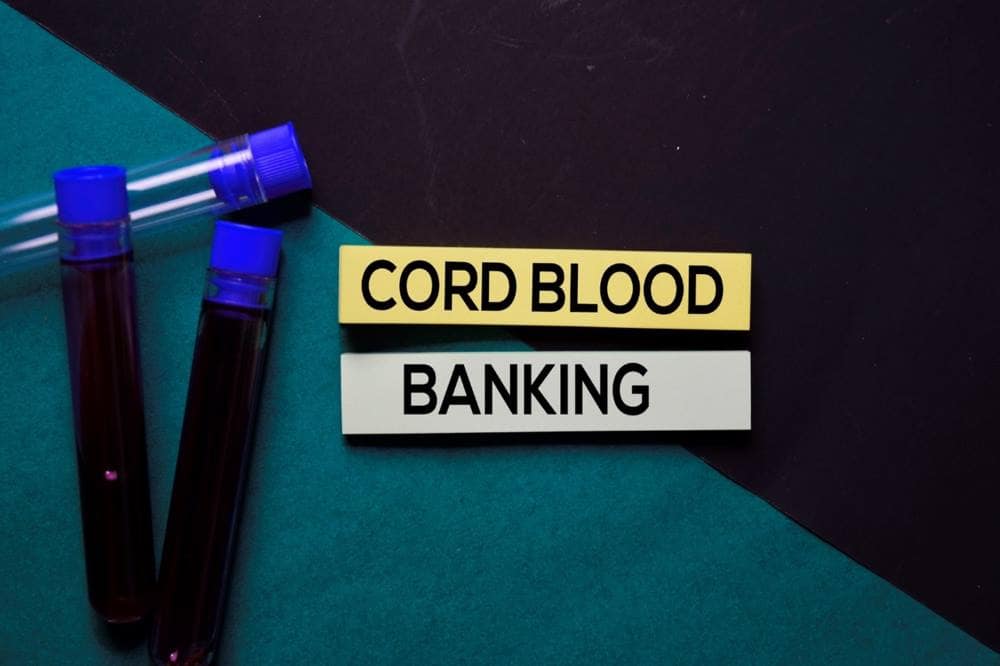
Cord blood banking has revolutionized the field of medical science, offering a valuable source of stem cells that can be used in life-saving treatments.
Over the years, this remarkable practice has evolved and flourished, leading to significant advancements in healthcare. Below, we embark on a journey through time to explore the history of cord blood banking, from its early beginnings to the present day.
The Early Days
The concept of using cord blood for medical purposes can be traced back to the late 1980s. In 1988, Dr. Eliane Gluckman and her team performed the world’s first successful cord blood transplant on a child with Fanconi anemia. This groundbreaking procedure laid the foundation for the potential of cord blood stem cells in treating various diseases and disorders.
Throughout the 1990s, researchers made significant discoveries that solidified the potential of cord blood banking. In 1992, Dr. Hal Broxmeyer demonstrated that cord blood contained a high concentration of hematopoietic stem cells, which are responsible for blood and immune system formation. This revelation sparked interest and led to further exploration.
Establishment of Cord Blood Banks
The late 1990s and early 2000s witnessed the establishment of the first public and private cord blood banks. In 1992, the New York Blood Center established the first public cord blood bank, allowing parents to donate their baby’s cord blood for public use. This model expanded globally, promoting the idea of using cord blood as a valuable resource for transplantation.
As awareness of cord blood banking spread, more families recognized its potential benefits. Private cord blood banks emerged, offering families the option to store their baby’s cord blood exclusively for their own use. This allowed families to secure a potentially life-saving resource for their child’s future healthcare needs.
Advancements in Transplantation
As cord blood banking gained momentum, researchers and medical professionals continued to refine the transplantation process. They developed improved techniques for stem cell collection, processing and storage. The advancements in cryopreservation techniques enabled cord blood to be stored for longer periods, ensuring its viability and usability for future treatments.
Expansion of Clinical Applications and Advancements in Stem Cell Research
The use of cord blood expanded beyond hematopoietic stem cell transplantation. Researchers explored the potential of cord blood in treating a wide range of conditions, including certain cancers, immune disorders, and genetic diseases. Clinical trials and research studies further validated the effectiveness and safety of cord blood stem cells.
The 21st century brought remarkable advancements in stem cell research, including the discovery of induced pluripotent stem cells (iPSCs) and the development of new techniques for stem cell differentiation. These breakthroughs opened doors to potential future applications of cord blood stem cells in regenerative medicine and personalized treatments.
Continued Research and Future Outlook
Cord blood banking continues to evolve and expand, with ongoing research and clinical trials exploring new avenues of treatment. Scientists are investigating the potential of cord blood stem cells in areas such as neurological disorders, heart disease, and autoimmune conditions. The future holds the promise of further advancements and discoveries in this exciting field.
Explore Your Options With New England Cord Blood Bank
The history of cord blood banking is a testament to human ingenuity and the relentless pursuit of medical progress. From its humble beginnings in the late 1980s to the present day, cord blood banking has transformed the landscape of healthcare, offering hope and potential treatments for a wide range of diseases and conditions.
As we look toward the future, the ongoing advancements and research in this field hold immense promise, offering the potential for further breakthroughs and improving the lives of countless individuals around the world.
If you are interested in learning more about the possibilities of cord blood banking for your family, we are happy to help! Contact us today!